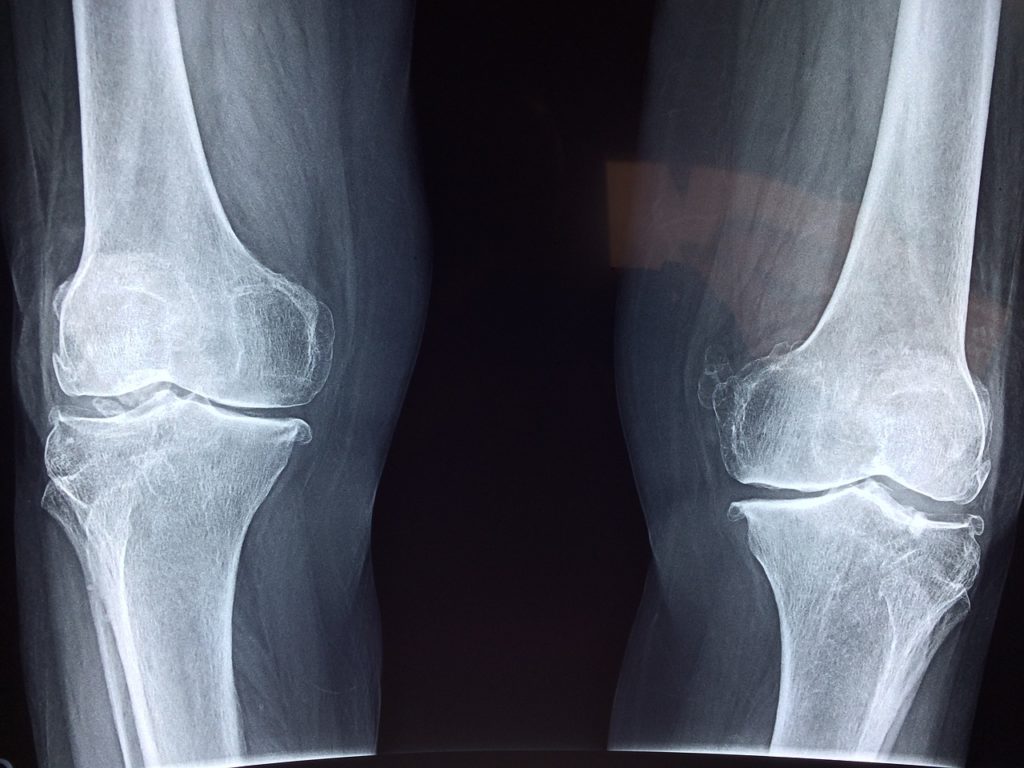What Is a Total Joint Replacement Procedure?
Total Joint Replacement (TJR) is a cutting-edge orthopedic surgical procedure that replaces a disordered joint (i.e. arthritis) with an artificial prosthesis made of metal, ceramic or plastic. The prosthetic is designed to restore function, reduce pain and maintain the same movement pattern as the original joint. TJR is one of the topmost performed surgical procedures in the U.S., and helps millions of people with joint dysfunction live more fulfilling and active lives.

When Is Total Joint Replacement Recommended?
Conditions such as arthritis can cause degeneration of the articular cartilage on the ends of bones, causing severe pain, loss of function and disability. Normally noninvasive (i.e medication, physical therapy) or minimally invasive (i.e. Cortisol injections, arthroscopic surgery) forms of therapy are used first, and TJR is then considered if there are no improvements. The most common joint replacements are the hip and knee. Millions of Americans have undergone hip or knee replacement; nevertheless, joint replacement is possible for other joints such as the wrist or elbow.
How to Prepare for Surgical Procedure?
In preparation for surgery, the physician will review the patient's medical records, complete a comprehensive physical evaluation and administer a battery of preoperative tests. However, patients should also do their part to prepare.
The following suggestions will improve the chances of a successful surgery and swift recovery:
- Talk to your physician and ask questions. (What type of implant? How long is recovery?)
- Get in shape. Lose excess weight, stop poor habits such as excessive alcohol consumption and tobacco use.
- Arrange assistance for the return home and for the first 24 hours after surgery.
Surgery Procedure, Risks, and Recovery
The TJR procedure takes several hours and can be performed in an inpatient or outpatient setting. During surgery, the damaged bone and connective tissue are removed and replaced with the artificial device. Most people have highly successful procedures. Even if problems do occur, they are usually treatable.
Potential risks that are associated with surgery include:
- Blood clots
- Damage to nerves and resulting nerve pain
- Infection of the knee
- Potential organ damage from anesthesia
Additional risks are potential if you have other medical conditions. During the outpatient at home care after your surgery, it is important to adhere to the rehabilitation treatment in order to quickly restore optimal, pain-free function. Following physician post-op instructions—such as wound care protocol—is critical to prevent infection or other complications.
How Alexander Orthopaedic Associates Can Help You
Do you have pain and disability from an arthritic or injured joint? The team at Alexander Orthopedic Associates is eager to help you. Our skillful physicians work collaboratively with patients, from diagnosis to treatment, helping you make informed decisions about your care. Call or visit us online today. We are happy to answer your questions and connect you with a physician. Our commitment is to give you the best orthopedic care experience, alleviate pain and restore your quality of life.
